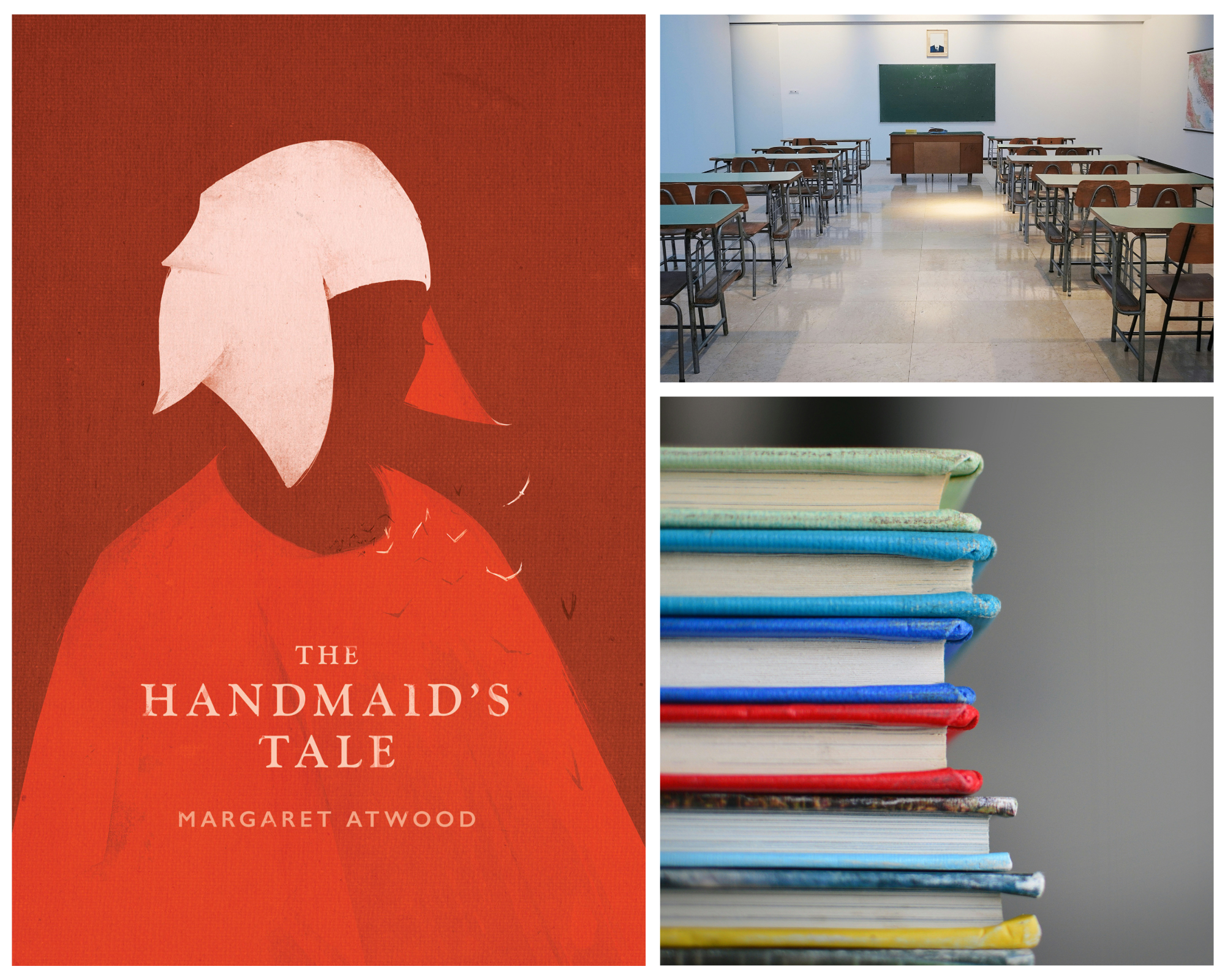The reality that an alleged misinterpretation of government orders almost led to the banning of culturally critical texts remains frightening in the landscape of the West’s broader political climate.
In July, Alberta’s Education Minister Demetrios Nicolaides ordered the province’s school boards to purge their shelves of books containing “explicit sexual content” by Oct. 1.
In the order titled “Standards for the Selection, Availability and Access of School Library Materials,” Nicolaides outlines that school boards must not house sexually explicit books, nor shall they allow students below grade 10 to access books containing “non-explicit sexual content.” Nicolaides ordered school staff to supervise students to ensure that they did not access texts violating the order’s guidelines outside of school libraries.
Following the order, the Edmonton Public School Board compiled an exhaustive list of books to be removed from their libraries in compliance. Though the list is mainly comprised of romance novels and coming of age stories, several culturally significant and socially critical texts found themselves locked out of the library.
These texts include Margaret Atwood’s The Handmaid’s Tale, Aldous Huxley’s Brave New World, Maya Angelou’s I Know Why the Caged Bird Sings and Alice Munro’s The Lives of Girls and Women.
Though Alberta’s Premier Danielle Smith said that there was “never any intention” of targeting socially critical books, the space for confusion and misinterpretation in the vague ministerial order makes it clear that the government should not be an authoritative force on what texts belong in educational environments.
Smith’s assertion that the types of texts schools should consider problematic is “super clear,” pales in the fact that the ministerial order does not give school boards the space to meaningfully consider context, plot and the overall message in each book beyond scenes of sexual content. Thus, they are assigning school staff with the responsibility to interpret the vague order individually and comply as they see fit.
Though these novels include scenes that are prohibited to appear in school library texts according to Nicolaides’ order, they also prompt critical thinking about the broader naturalized social systems we live within that function from and reproduce oppression.
As someone who has read some of the books that were proposed to be banned following Nicolaides’ orders, I can confirm that these texts changed my understanding of the world around me and constructed the values and beliefs I continue to hold close to me today. Taking these books out of school libraries robs countless students of the same experience.
The strong backlash Alberta’s provincial government faced when the list went public demonstrates that this is not a unique opinion.
From Margaret Atwood warning readers to purchase The Handmaid’s Tale before there are “public book burnings of it” to the Edmonton Public School district’s Board Chair Julie Kusiek saying that the order could have taken “several excellent books” from their libraries, it is clear that Alberta’s government has engaged in a frightening display of censorship.
In a question period with reporters on Aug. 29, Smith turned the blame for the censorship threats back onto the Edmonton Public School Board, saying that the list came out of the school board’s interpretation of texts with “problematic content” and that Nicolaides can help them if they are “confused.”
Kusiek’s note that the school board’s staff followed the order closely to “ensure that only books that directly met the criteria” would leave their libraries shows the damage that can be done to public education when mixing government values and educational materials — especially in Alberta’s increasingly right-wing political landscape.
The pressure of following government directions line by line in fear of misinterpretation and subsequent repercussions does not mix with ensuring students have well-rounded, informative and easily accessible reading materials through public education.
Though Alberta’s government has been campaigning that the order seeks to merely audit school libraries to ensure that students are consuming age-appropriate texts, the order’s vague language and the government’s general fear mongering surrounding the issue of inappropriate books at school rings far too familiar to censorship efforts and attacks on education occurring under President Donald Trump.
Ultimately, it is not the government’s place to make heavy-handed orders surrounding public educational materials — especially since there are vast power imbalances between the two parties which create the context for censorship to thrive.
Though Smith asserts that the government’s intention was not to censor libraries and incite widespread book bans, intention does not matter when strict compliance to government orders directly threatens the next generation’s political awareness.
Especially when discerning whether educational materials are appropriate for students, context matters — and Nicolaides’ order did not give school boards any allowance to consider this context.
Evidently, vague efforts to censor sexual material also comes with censoring political commentary and critique.
Alberta’s government has clearly neglected their students by prioritizing fearmongering politics over education about the societies we live in and the social structures influencing our lives every day.
It worries me to consider what might have happened if the ministerial order never faced backlash and these important texts silently left school libraries. This issue has highlighted the government’s capacity for censorship and emphasized the importance of accessible education remaining unbiased by state interests.
Censoring all inappropriate material in school libraries means that students will have limited opportunity to engage with texts critiquing the dangers of radical politics, highlighting the naturalized ways patriarchy and colonialism function in our lives and warning against the dystopian realities that totalitarianism can bring.
If students aren’t encouraged to interact with texts that are critical about our naturalized social systems, we could enter a dangerous political reality that robs students of their democratic power.

